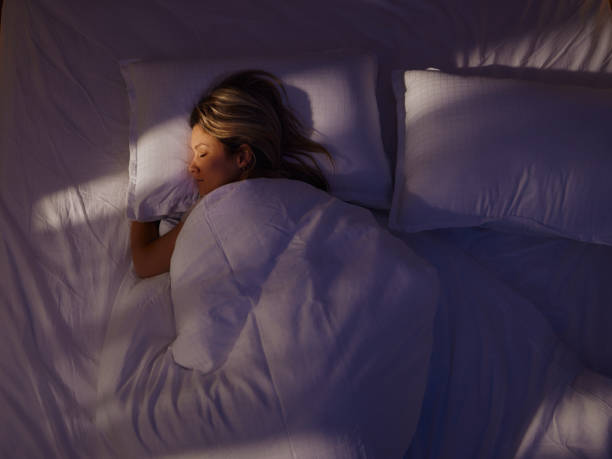Symkowiak & Associates now dives into understanding of how sleep works and its impact on our health.
The Body’s Journey Through Sleep Cycles
As you drift off, your body undergoes a series of changes. Body temperature dips, brain activity slows, and your heart rate and breathing ease. Throughout the night, you cycle through multiple sleep stages, each with distinct characteristics.
Understanding Sleep Stages
There are four sleep stages, categorized into two groups: REM (rapid eye movement) and non-REM. Here’s a breakdown:
- Non-REM Stage 1: The initial doze-off stage, easily disrupted.
- Non-REM Stage 2: Brain and body activity slow further.
- Non-REM Stage 3 (Deep Sleep): Deepest sleep stage, crucial for physical recovery and cognitive function.
- REM Sleep: Brain activity picks up, dreaming occurs most vividly here. Muscles become temporarily paralyzed.
The Body’s Sleep Regulators
Two main systems govern sleep:
- Sleep-wake homeostasis: The longer you’re awake, the sleepier you become.
- Circadian alerting system: Your internal clock, influenced by light exposure, regulates sleep-wake cycles.
Chemicals and Hormones: The Sleep Orchestra
A complex interplay of chemicals and hormones conducts the sleep symphony:
- Adenosine: Builds up during wakefulness, promoting sleep pressure. Caffeine blocks adenosine, explaining its wakefulness effect.
- Neurotransmitters: Chemical messengers like GABA and orexin influence sleep and wakefulness.
- Melatonin: The “sleep hormone,” produced in darkness, signals sleepiness.
- Other Hormones: Adrenaline, cortisol, leptin, and ghrelin also play a role in sleep regulation.
Why Sleep Matters
Though the exact reason for sleep remains elusive, its importance is undeniable. Sleep is critical for:
- Physical and mental development in all ages.
- Overall well-being, impacting cardiovascular health, immune function, weight management, cognitive function, and mental health.
Sleep is a biological imperative, intricately woven into the fabric of our health. By understanding how sleep works, we can prioritize healthy sleep habits to increase our quality of life.
